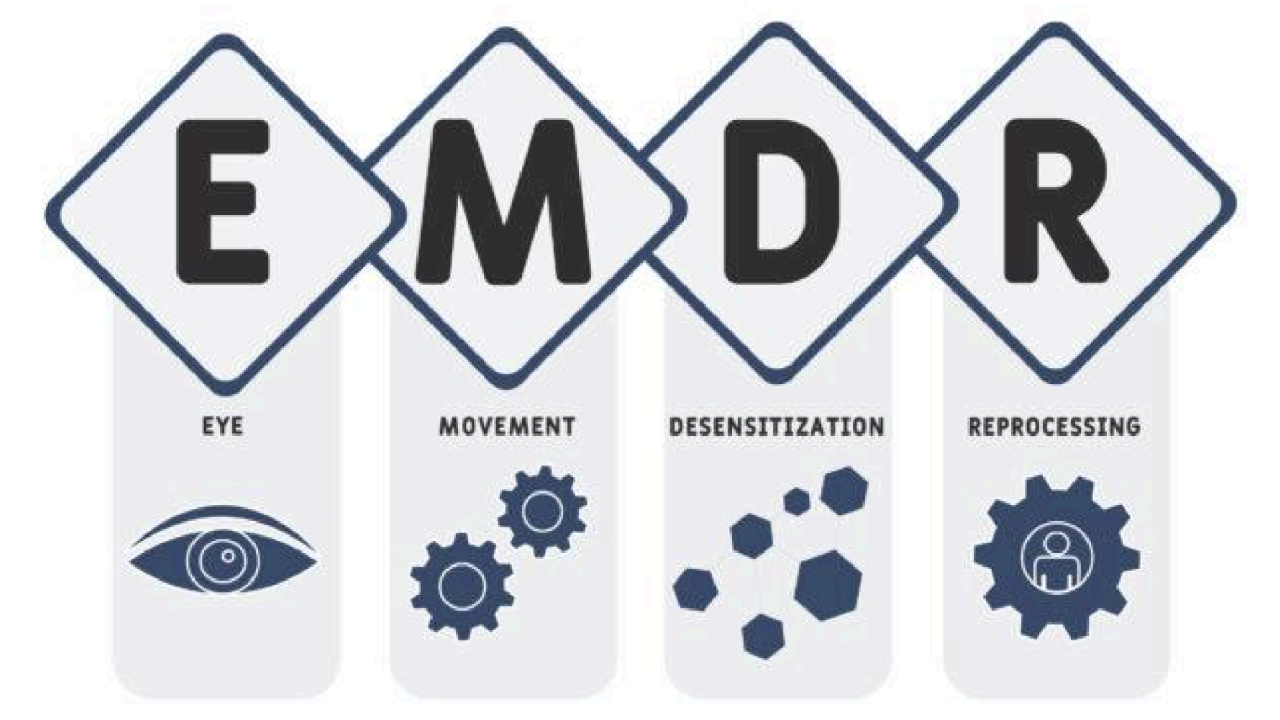EMDR 101: What Do You Need to Know Before Getting Started?
Oct 29, 2025
Trauma can linger long after the event has passed. It may show up as anxiety, nightmares, intrusive thoughts, or feeling stuck. Eye Movement Desensitization and Reprocessing (EMDR) therapy is an evidence-based tool that helps people heal from those very challenges and move forward with confidence and peace.
What Is EMDR?
EMDR helps the brain unstick painful memories that have not been fully processed. During a session, your therapist will guide you to focus on a memory while using gentle eye movements, sounds, or taps from side to side. This process helps your brain reprocess the memory in a healthier way. It reduces the emotional pain associated with the event and replaces negative beliefs with adaptive ones.
Unlike some traditional therapy models, EMDR does not require you to describe your trauma in full blown detail. The therapy focuses on helping your brain naturally heal while you remain grounded and supported in the present moment.
Read more about EMDR therapy here!
What Should I Expect from an EMDR Session?
EMDR follows structured steps that begin with learning about your history and preparing coping tools before working through troubling memories. A typical session may involve briefly recalling a memory while following your therapist’s finger or sound tones to notice what thoughts or sensations arise. This will allow you to process the memory until it feels more neutral.
Many people find that distressing memories no longer trigger them in the same way. They remember what happened, but feel calmer and more in control. Each session moves at your own pace, with your therapist ensuring you stay grounded and safe throughout the entire process.
Learn more about EMDR therapy outcomes here!
Does EMDR Work?
Yes! Studies show that EMDR can help reduce symptoms of post-tramautic stress disorder (PTSD), anxiety, and depression, sometimes in fewer sessions than other models. It has been used successfully with children, teens, and adults, helping them find relief from distressing memories and regain a sense of control over their lives.
EMDR is supported by decades of research and is recommended by organizations such as the American Psychological Association as a treatment for PTSD.
See APA’s EMDR guideline summary!
Who Can Benefit from EMDR?
EMDR was first used for PTSD, but is also effective for anxiety, depression, grief, obsessive-compulsive disorder (OCD), intrusive thoughts, and addiction. It can be especially helpful for people who feel stuck in old patterns or memories, even after trying traditional therapy. EMDR helps release those stuck memories and allows the brain to heal naturally.
If you have experienced trauma, whether it be a single event or long-term stress, EMDR can be a gentle yet powerful way to process your past without reliving it. Clients often describe feeling lighter, calmer, and more connected to themselves after EMDR therapy.
Learn more about EMDR and who it helps!
Try EMDR at Being Human Group
At Being Human Group, our trained EMDR therapists help clients safely process trauma and reconnect with their sense of calm and strength. Each therapist tailors the process to your unique story, ensuring you feel supported every step of the way. We understand that starting trauma therapy can feel like a huge step, which is why we offer a free consultation to see if EMDR might be the right fit for you. Healing is possible, and our team is here to walk with you through it. Book your free consultation today!

